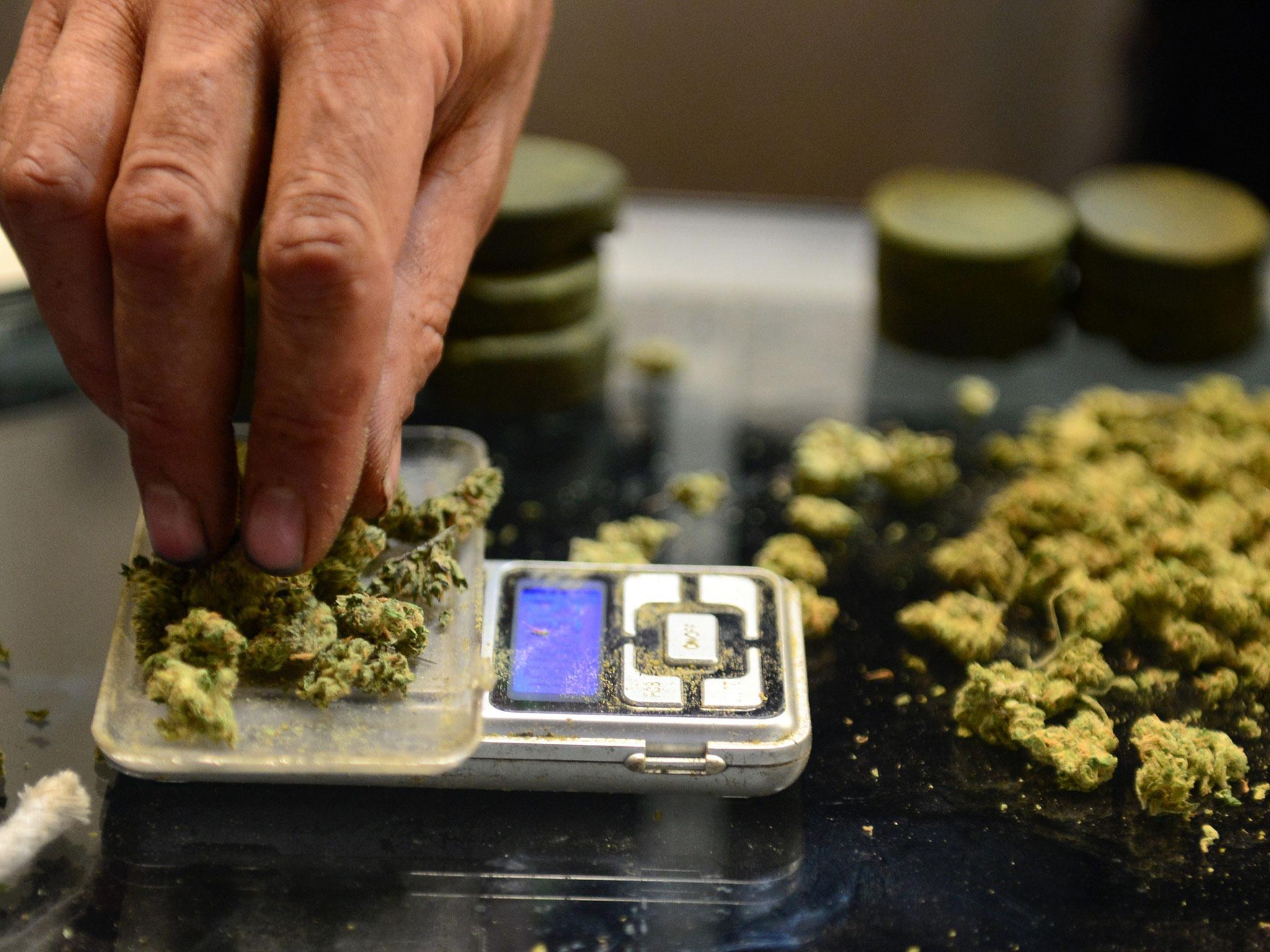'War on Drugs' has made no difference to number of users and actively harms public health, major study concludes
Report authors call for 'scientifically grounded' policies including regulated markets for cannabis

Your support helps us to tell the story
This election is still a dead heat, according to most polls. In a fight with such wafer-thin margins, we need reporters on the ground talking to the people Trump and Harris are courting. Your support allows us to keep sending journalists to the story.
The Independent is trusted by 27 million Americans from across the entire political spectrum every month. Unlike many other quality news outlets, we choose not to lock you out of our reporting and analysis with paywalls. But quality journalism must still be paid for.
Help us keep bring these critical stories to light. Your support makes all the difference.
The five-decade long international “War on Drugs” started by US president Richard Nixon has harmed the public health and should be scrapped in favour of a process of decriminalisation, a major new report has concluded.
Anti-drug policies and laws have had “no measurable impact on supply or use” and cannot be justified on scientific or public health grounds, according to the authors of study commissioned by the Johns Hopkins Ivy League university and The Lancet.
The report presents “compelling evidence” that countries such as Portugal and the Czech Republic have decriminalised non-violent minor drug offences with positive results, including “public health benefits, cost savings, lower incarceration [rates] and no significant increase in problematic drug use”.
Urging action from countries such as the US and UK which still have highly strict drugs policies, the authors called on governments to consider “regulated markets” for cannabis like those in Uruguay and the US states of Washington, Colorado, Oregon and Alaska.
Looking at evidence from around the world, the study found drug laws had been applied in a way that was “discriminatory against racial and ethnic minorities and women, and has undermined human rights”.
And it identified prison terms for minor drug offenders as the single “biggest contribution to higher rates of infection among drug users” with diseases such as HIV and hepatitis C.
Dr Chris Beyrer, from Johns Hopkins’ Bloomberg School of Public Health, said prohibition was the basis for many national drug laws - “policies based on ideas about drug use and dependence that are not scientifically grounded”.
“The global 'war on drugs' has harmed public health, human rights and development,” he said.
“It's time for us to rethink our approach to global drug policies, and put scientific evidence and public health at the heart of drug policy discussions.”
Subscribe to Independent Premium to bookmark this article
Want to bookmark your favourite articles and stories to read or reference later? Start your Independent Premium subscription today.
Join our commenting forum
Join thought-provoking conversations, follow other Independent readers and see their replies
Comments